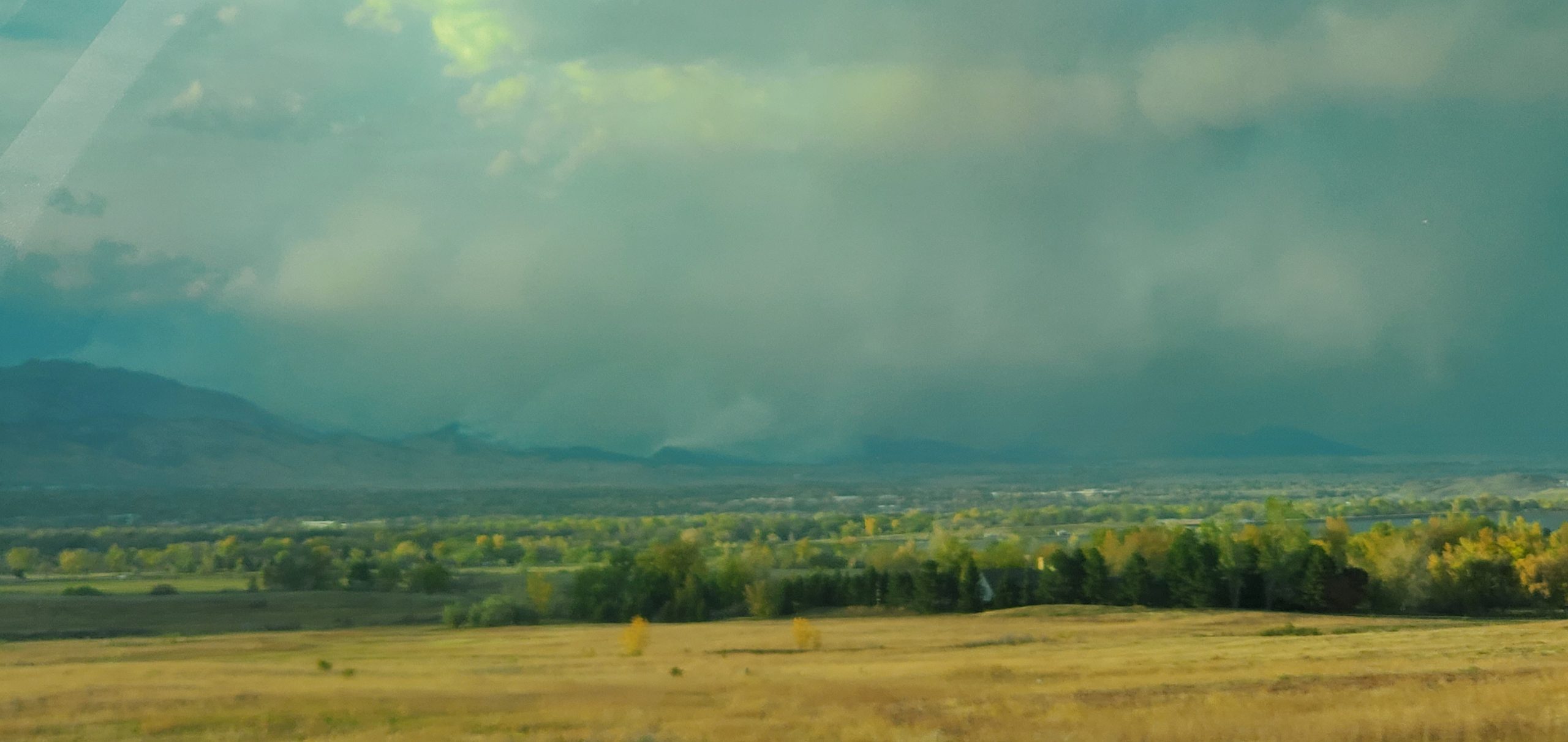There’s something exciting about the idea of owning your own piece of Colorado. Whether you’re dreaming of building a custom home, starting a small farm, or just having some extra space to spread out, buying land can be a great investment. But it’s not as simple as picking a pretty lot and writing a check — especially in Colorado.
Here’s what you should know before you dive into a land purchase.
1. Zoning Matters — A Lot
Before buying, check how the land is zoned. Zoning laws affect what you can and can’t do with the property. For example, land zoned for agriculture may not allow you to build a single-family home, and vice versa.
Counties and cities in Colorado each have their own zoning rules. If you’re buying land in an unincorporated area (outside city limits), check with the county. Want to raise chickens, build a guest house, or start a home business? You’ll need to make sure it’s allowed.
2. Water Rights and Access
Water is one of the most important — and complicated — parts of buying land in Colorado. Unlike other states, Colorado has a unique system of water rights. Just because there’s a stream nearby or you see green grass doesn’t mean the land comes with water access.
Here are the basics:
-
Well water: In rural areas, you may need to drill a well. Make sure a well permit can be issued before you buy.
-
AMunicipal water: In city or suburban areas, water may be provided by a local utility — check hookup availability and cost.
-
Water rights: In some cases, water rights must be purchased separately from the land itself. This is especially true for agricultural land.
Always work with a knowledgeable agent (👋 hi!) and check with the Division of Water Resources to understand your options. Want more information? https://www.ltgc.com/resources/water-law1/ or https://dwr.colorado.gov/services/water-administration/water-rights
3. Road Access Isn’t Always Guaranteed
Some Colorado properties look beautiful in photos but aren’t accessible year-round — or at all without special equipment. Before you buy, make sure the property has legal access via a public or private road.
In some areas, especially the mountains, a road may be private and not maintained by the county. That means snow removal, grading, and upkeep could be your responsibility.
Ask:
-
Is the road plowed in winter?
-
Is access shared with other owners?
-
Is there a recorded easement?
4. Utilities and Septic
Many rural parcels don’t have city utilities. You may need to plan for:
-
Septic system installation
-
Propane delivery for heating
-
Electric or solar hookups
-
Internet or satellite options
Before closing on land, get quotes from local utility companies and contractors. This will help you avoid big surprises later.
5. Survey and Soil Test
Get a land survey to confirm property lines. Don’t rely on fences or verbal descriptions. Also, consider a soil test, especially if you plan to build. Soil conditions affect the cost of your foundation and whether a septic system will be approved.
6. HOA or Landowner Restrictions
Even in the mountains or plains, some neighborhoods or developments have HOAs or Covenants. These may restrict what you can build, the size of your home, types of animals allowed, and more.
Always ask for copies of:
-
HOA documents
-
Covenants, Conditions & Restrictions (CC&Rs)
-
Road maintenance agreements
7. Financing and Insurance Can Be Tricky
Buying land isn’t the same as buying a house — especially when it comes to financing. Not all lenders offer land loans, and the down payment is often higher (20%–50%). Interest rates may also be higher.
Also, check with your insurance provider about coverage for raw land, vacant land, and future construction.
Final Thoughts
Buying land in Colorado can be the start of something amazing — but it pays to do your homework. Zoning, access, water, and utility logistics are key details that make a big difference in cost, timeline, and what you can actually do with the property.
Whether you’re looking for an off-grid hideaway, a future home site, or land for horses, I’m here to help you navigate the process and avoid common pitfalls.
Let’s talk about your land goals and find a parcel that’s the right fit for your future.


 Facebook
Facebook
 X
X
 Pinterest
Pinterest
 Copy Link
Copy Link
